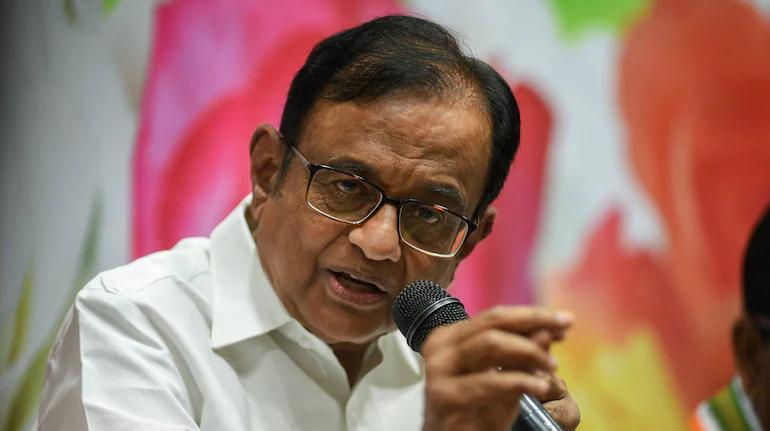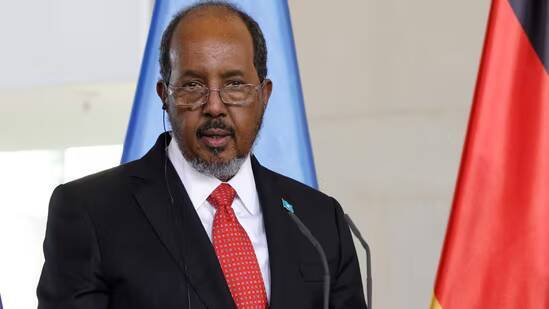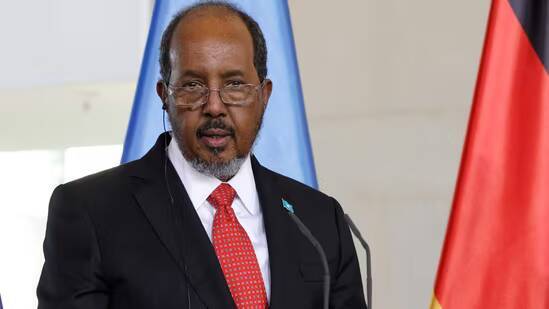
How do Indians become homegrown terrorists?: Chidambaram on blast
The recent Delhi blast has sent shockwaves across the nation, leaving many to wonder about the circumstances that lead to such acts of violence. In the wake of this incident, Congress MP and former Home Minister P Chidambaram has raised a pertinent question – how do Indians become homegrown terrorists? This is not the first time Chidambaram has spoken about the issue of homegrown terrorism. He recalled being “mocked and trolled” for mentioning ‘homegrown terrorists’ during the Operation Sindoor debate in Parliament.
Chidambaram’s statement highlights the distinction between two types of terrorists – foreign-trained infiltrated and homegrown. The former refers to individuals who have received training and support from external sources, often crossing borders to carry out attacks. On the other hand, homegrown terrorists are those who are born and raised in India, yet still become radicalized and engage in violent activities. This raises a crucial question – what circumstances turn Indian citizens, even educated persons, into terrorists?
To understand this phenomenon, it is essential to examine the various factors that contribute to the radicalization of individuals. One significant aspect is the sense of disillusionment and disenfranchisement that many young Indians feel. This can stem from a range of issues, including socioeconomic inequality, lack of access to education and employment opportunities, and perceived injustices. When individuals feel that their voices are not being heard and their concerns are being ignored, they may become vulnerable to extremist ideologies that promise a sense of purpose and belonging.
Social media has also played a significant role in the radicalization of homegrown terrorists. The widespread availability of online platforms has made it easier for extremist groups to disseminate their ideologies and recruit new members. Many young Indians are exposed to hate speech, propaganda, and violent content online, which can desensitize them to the value of human life and create a sense of justification for violent acts.
Furthermore, the lack of community engagement and social cohesion can also contribute to the radicalization of individuals. When people feel disconnected from their communities and lack a sense of belonging, they may be more susceptible to extremist ideologies that offer a sense of identity and purpose. This highlights the importance of community-based initiatives that promote social cohesion, interfaith dialogue, and cultural understanding.
Chidambaram’s statement also underscores the need for a nuanced approach to counter-terrorism. Simply relying on security measures and law enforcement agencies is not enough to prevent the growth of homegrown terrorism. It is essential to address the root causes of radicalization, including socioeconomic inequality, lack of education and employment opportunities, and perceived injustices. This requires a multifaceted approach that involves government agencies, community organizations, and civil society groups.
In addition, it is crucial to recognize the importance of education and critical thinking in preventing radicalization. Educational institutions can play a vital role in promoting critical thinking, media literacy, and cultural understanding. By encouraging young people to question extremist ideologies and think critically about the information they consume online, we can help to prevent the spread of radicalization.
In conclusion, the issue of homegrown terrorism is complex and multifaceted, requiring a comprehensive approach that addresses the root causes of radicalization. As Chidambaram noted, it is essential to ask ourselves what circumstances turn Indian citizens, even educated persons, into terrorists. By examining the various factors that contribute to radicalization and promoting community engagement, social cohesion, and critical thinking, we can work towards preventing the growth of homegrown terrorism and creating a safer, more inclusive society for all.
As the nation grapples with the aftermath of the Delhi blast, it is essential to engage in a nuanced and informed discussion about the issue of homegrown terrorism. By doing so, we can work towards creating a more just and equitable society, where all individuals have access to education, employment opportunities, and a sense of purpose and belonging.
News Source: https://x.com/PChidambaram_IN/status/1988608026786586782






